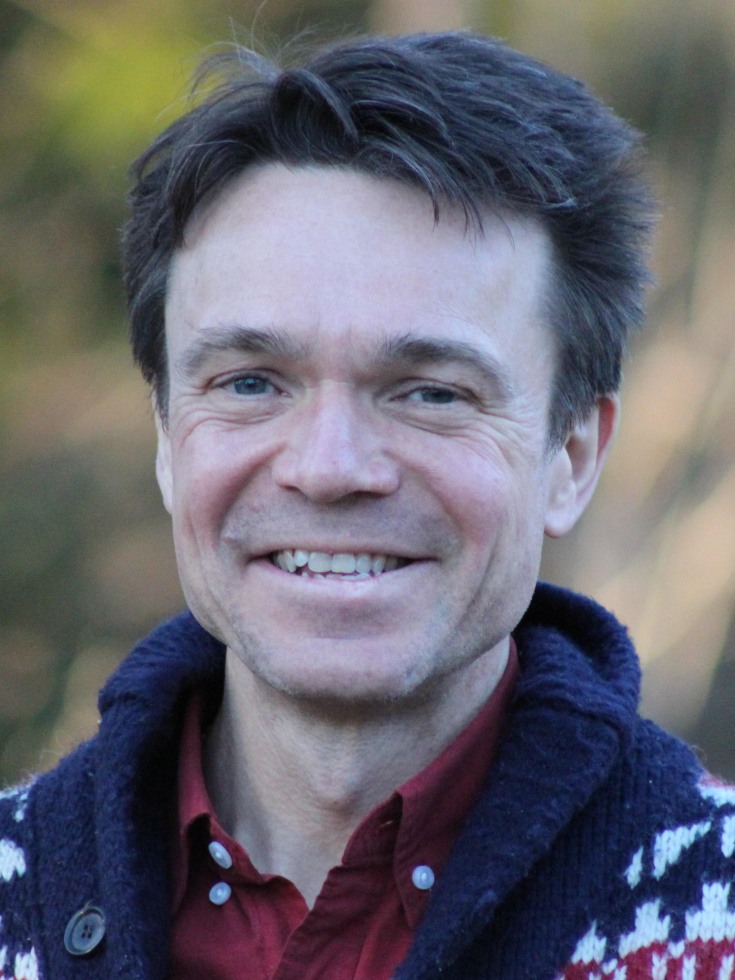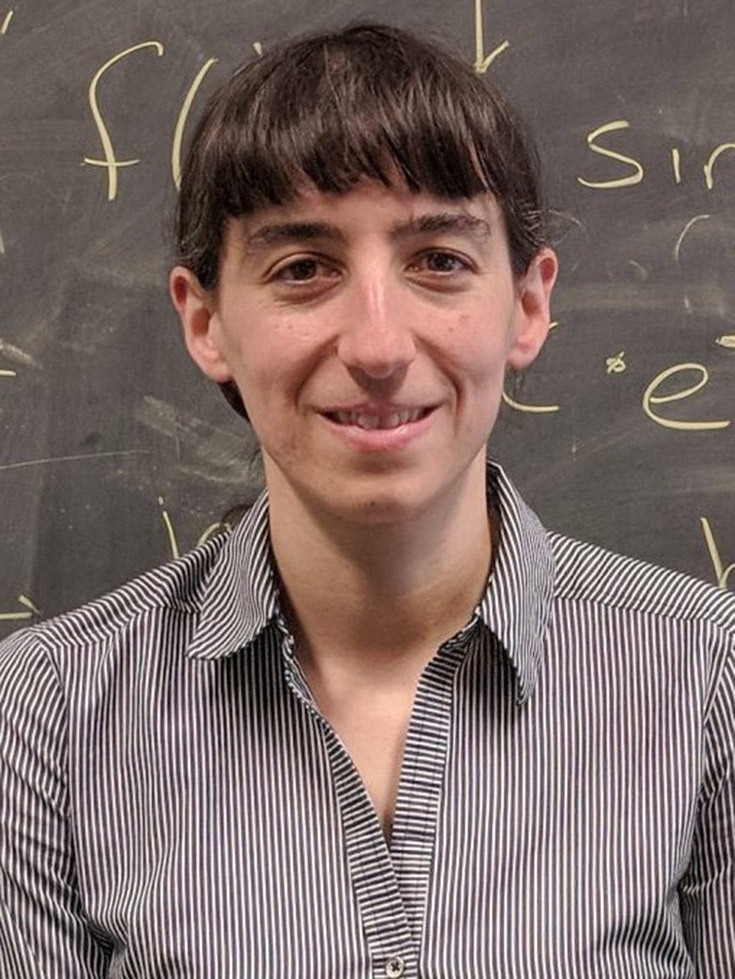PROVIDENCE, R.I. [Brown University] — The U.S. Department of State and the J. William Fulbright Foreign Scholarship Board have selected two Brown University faculty members as Fulbright U.S. Scholars: Fulvio Domini, a professor of cognitive, linguistic and psychological sciences; and Brenda M. Rubenstein, an associate professor of chemistry and physics.
Fulbright Scholar Awards are prestigious and competitive fellowships that provide unique opportunities for scholars to conduct research and teach abroad. Domini and Rubenstein join Jimmy Xu — a professor of engineering and physics selected in April for the Fulbright-Tocqueville Distinguished Chair Award — as Brown faculty members to receive Fulbright awards for 2023-24.
Domini’s research focuses on a fundamental skill of the visual system: interpreting retinal images to extract knowledge about the 3D structure of the surrounding environment. He has presented empirical results in multiple studies that challenge commonly held hypotheses of 3D vision, and has developed a new conceptual framework of how the vision system processes information.

